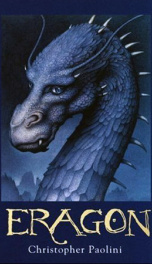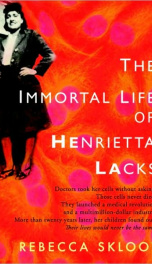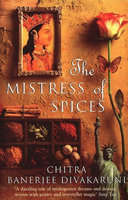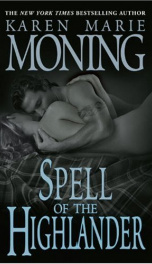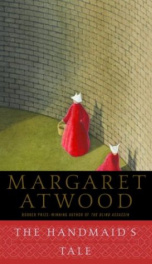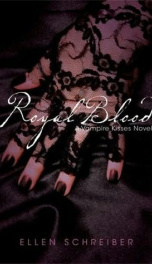Fielding Henry
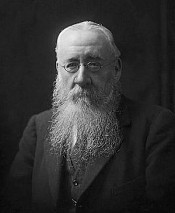
George Edward Bateman Saintsbury (23 October 1845 - 28 January 1933), was an English writer and critic. Born in Southampton, he was educated at King's College School, London, and at Merton College, Oxford (B.A., 1868), and spent six years in Guernsey as senior classical master of Elizabeth College. From 1874 to 1876 he was headmaster of the Elgin Educational Institute. He began his literary career in 1875 as a critic for the Academy, and for ten years was actively engaged in journalism, becoming an important member of the staff of the Saturday Review. Some of the critical essays contributed to the literary journals were afterwards collected in his Essays in English Literature, 1780-1860 (2 vols., 1890-1895), Essays on French Novelists (1891), Miscellaneous Essays (1892), Corrected Impressions (1895). In 1895 he became professor of rhetoric and English literature at the University of Edinburgh, a position he held until 1915. He retired to 1A Royal Crescent, Bath, Somerset and died there in 1933.[1] His first book, A Primer of French Literature (1880), and his Short History of French Literature (1882), were followed by a series of editions of French classics and of books and articles on the history of French literature, which made him the most prominent English authority on the subject. His studies in English literature were no less comprehensive, and included the valuable revision of Sir Walter Scott's edition of John Dryden's Works (Edinburgh, 18 vols., 1882-1893), Dryden (1881) in the "English Men of Letters" series, History of Elizabethan Literature (1887), History of Nineteenth Century Literature (1896), A Short History of English Literature (1898, 3rd ed. 1903), an edition of the Minor Caroline Poets of the Caroline Period (2 vols., 1905-1906), a collection of rare poems of great value, and editions of English classics. He coined the term "Janeite" for a fan of Jane Austen in his introduction to a 1894 edition of Pride and Prejudice. At the turn of the century, Saintsbury edited and introduced an English edition of Honoré de Balzac's novel series La Comédie humaine. He went on to edit the series of "Periods of European Literature," contributing the volumes on The Flourishing of Romance and the Rise of Allegory (1897), and The Earlier Renaissance (1901). He subsequently produced some of his most important works, A History of Criticism (3 vols., 1900-1904), with the companion volume Loci Critici, Passages Illustrative of Critical Theory and Practice (Boston, U.S.A., and London, 1903), and A History of English Prosody from the 12th Century to the Present Day (i., 1906; ii., 1908; iii., 1910); also The Later Nineteenth Century (1909). Although Saintsbury was best known as a scholar during his lifetime, he is perhaps best remembered today for his Notes on a Cellar-Book (1920), one of the great testimonials to drink and drinking in wine literature. When he was close to death, André Simon arranged a dinner in his honour. Although Saintsbury did not attend, this was the start of the Saintsbury Club, men of letters and members of the wine trade who continue to have dinners to this day.
do you like this author?
What readers are saying
What do you think? Write your own comment on this book!
write a commentWhat readers are saying
What do you think? Write your own comment on this author!
write a commentBook list

The Works of Henry Fielding
Edited by George Saintsbury in 12 Volumes Volume 12
Series:
Unknown
Year:
Unknown
Raiting:
4.5/5
Show more
add to favoritesadd In favorites
Book list

The Works of Henry Fielding
Edited by George Saintsbury in 12 Volumes Volume 12
Series:
Unknown
Year:
Unknown
Raiting:
4.5/5
Show more
add to favoritesadd In favorites

the history of the adventures of joseph andrews and his friend mr abraham adam
Series:
Unknown
Year:
Unknown
Raiting:
3.5/5
Show more
add to favoritesadd In favorites

the history of the adventures of joseph andrews and his friend mr abraham adams
Series:
Unknown
Year:
Unknown
Raiting:
4.5/5
Show more
add to favoritesadd In favorites

the history of the adventures of joseph andrews his friend mr abraham adams
Series:
Unknown
Year:
Unknown
Raiting:
3/5
Show more
add to favoritesadd In favorites

the genius of henry fielding with selections from his works
Series:
Unknown
Year:
Unknown
Raiting:
4/5
1919. English novelist and playwright, Fielding played an instrumental role in the development of the English novel. --This text refers to the Paperback edition.
Show more
add to favoritesadd In favorites

documents relating to the formation of the chicago and north western railway com
Series:
Unknown
Year:
Unknown
Raiting:
3/5
Show more
add to favoritesadd In favorites

A journey from this world to the next — Volume 2
Series:
Unknown
Year:
Unknown
Raiting:
3.5/5
Show more
add to favoritesadd In favorites

Joseph Andrews, Volume 2
Series:
Unknown
Year:
Unknown
Raiting:
4.5/5
Joseph Andrews, Volume 2. please visit www.valdebooks.com for a full list of titles
Show more
add to favoritesadd In favorites
What readers are saying
What do you think? Write your own comment on this author!
write a commentif you like Fielding Henry try:
readers also enjoyed
What readers are saying
What do you think? Write your own comment on this author!
write a commentGenre
if you like Fielding Henry try:
readers also enjoyed
Do you want to read a book that interests you? It’s EASY!
Create an account and send a request for reading to other users on the Webpage of the book!


